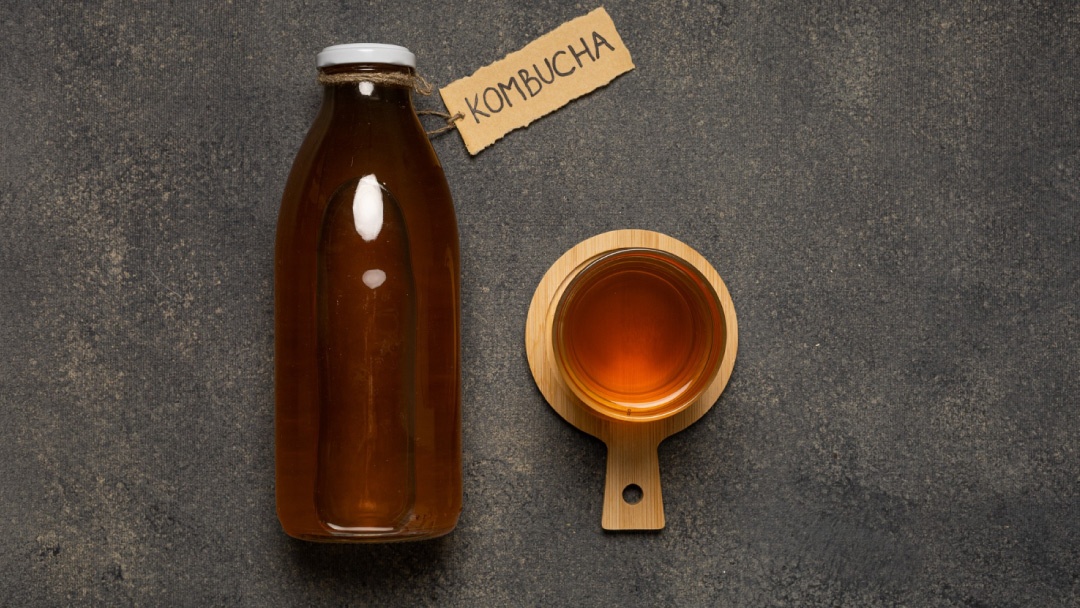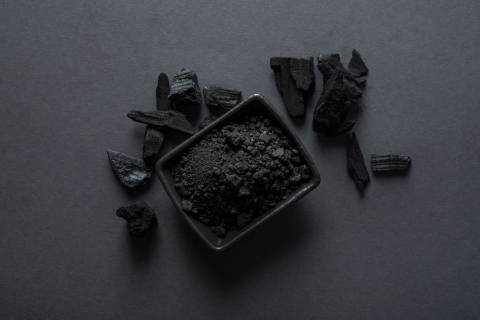
Kombucha, a fermented beverage rich in beneficial microorganisms, polyphenols, and organic acid, is known for its antioxidant and probiotic properties.
Based on these properties, a scientific team explore the use of kombucha tea as a natural dietary supplement for carpet shell clams (Ruditapes decussatus), a species of significant economic importance in Mediterranean aquaculture. The intention was improving the physiological robustness and disease resistance of clams when challenged with the bacterium Vibrio alginolyticus, that led to mass mortalities and significant economic losses in clam farming.
To administer the kombucha tea, a freeze-dried form was used. The clams were divided into two groups. The control group was fed a diet of spirulina powder and treatment group received spirulina powder supplemented with 10% freeze-dried kombucha.
The experiment was conducted at the Laboratory of Analysis, Treatment and Valorisation of Pollutants of the Environment and Products, Faculty of Pharmacy, University of Monastir, Tunisia. The clams used in the experiment were sourced from a shellfish farm in Bizerte, Tunisia.
Feeding occurred once per day for a period of 3 weeks, with the seawater in the tanks being completely replaced every 48 hours.
The findings suggest that kombucha is a “promising eco-friendly and sustainable dietary supplement” for bivalves. Among other results the treatment diet increased antioxidant status. After infection, the kombucha-supplemented clams exhibited a significant elevation in glutathione peroxidase levels, whereas the control group showed a decline.
Also, the experimental diet led to significant higher phenoloxidase and lectin activity, two important immune parameters.
Histological analysis of the digestive glands revealed that the kombucha-fed clams maintained their tissue integrity even after being exposed to the bacteria. In contrast, the control group showed “marked histopathological alterations, including epithelial cell desquamation into the tubule lumen and disruption of the basal membrane integrity”.
Finally, no mortality or clinical signs of disease were observed in either group throughout the four-week experimental trial.


